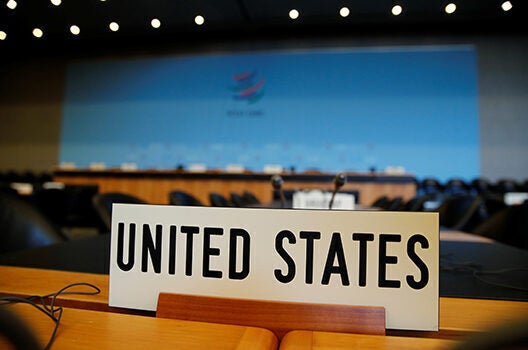Section 301 of the Trade Act of 1974 (19 U.S.C. §2411) grants the Office of the United States Trade Representative (USTR) a range of responsibilities and authorities to investigate and take action to enforce U.S. rights under trade agreements and respond to certain foreign trade practices. Prior to the Trump Administration and since the conclusion of the Uruguay Round of multilateral trade negotiations in 1995, which established the World Trade Organization (WTO), the United States has used Section 301 authorities primarily to build cases and pursue dispute settlement at the WTO. However, former President Trump was more willing to act unilaterally under these authorities to promote what its Administration considered to be “free,” “fair,” and “reciprocal” trade. The recent use of Section 301 has been the subject of congressional and broader international debate.
The Trump Administration attributed this shift in policy to its determination to close a large and persistent gap between U.S. and foreign government practices that it said disadvantaged or discriminated against U.S. firms. In addition, it justified many of its tariff actions—particularly those against China—by pointing to alleged weaknesses in WTO dispute settlement procedures and the inadequacy or nonexistence of WTO rules to address certain Chinese trade practices. It also cited the failure of past trade negotiations and agreements to enhance reciprocal market access for U.S. firms and workers.
While the Biden Administration is reportedly reviewing the previous administration’s trade policies, most analysts do not expect any immediate changes to Section 301 actions or to the tariff exclusions on U.S. imports from China.
IF11346To view the full report from the Congressional Research Service, please click here.

